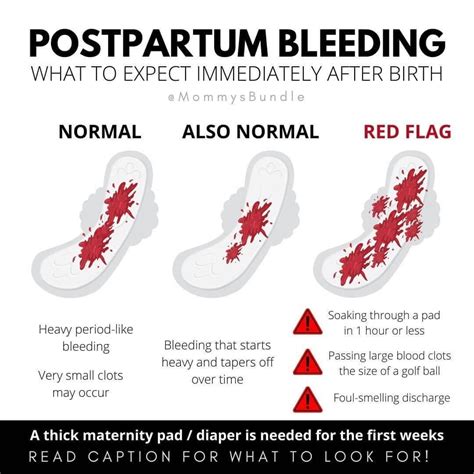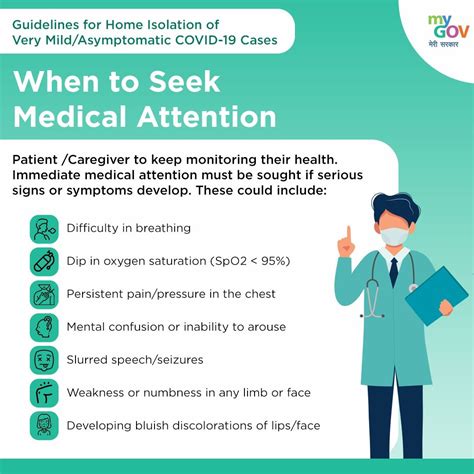Intro
Discover causes and treatments for post sex bleeding, including vaginal bleeding after intercourse, spotting, and menstrual irregularities, to address concerns and promote reproductive health.
Post sex bleeding, also known as postcoital bleeding, is a condition characterized by vaginal bleeding that occurs after sexual intercourse. This condition can be a cause of concern for many women, and it's essential to understand its potential causes, symptoms, and treatment options. Vaginal bleeding after sex can be a symptom of an underlying medical condition, and in some cases, it may be a sign of a more serious health issue.
Post sex bleeding can be a distressing experience, especially if it's heavy or persistent. Women who experience postcoital bleeding may feel anxious or embarrassed, and they may avoid discussing their symptoms with their partner or healthcare provider. However, it's crucial to seek medical attention if you're experiencing vaginal bleeding after sex, as it can be a sign of an underlying condition that requires treatment. In this article, we'll explore the potential causes, symptoms, and treatment options for post sex bleeding, as well as provide guidance on when to seek medical attention.
The causes of post sex bleeding can be varied, and in many cases, it's related to a specific underlying medical condition. Some of the possible causes of postcoital bleeding include cervical polyps, cervical cancer, vaginal dryness, and pelvic inflammatory disease. In some cases, post sex bleeding can be a symptom of a more serious health issue, such as a sexually transmitted infection or a hormonal imbalance. Understanding the potential causes of postcoital bleeding is essential for receiving an accurate diagnosis and effective treatment.
What is Post Sex Bleeding?

Causes of Post Sex Bleeding
The causes of post sex bleeding can be varied, and in many cases, it's related to a specific underlying medical condition. Some of the possible causes of postcoital bleeding include: * Cervical polyps: These are growths that occur on the cervix and can cause bleeding after sex. * Cervical cancer: This is a type of cancer that affects the cervix and can cause bleeding after sex. * Vaginal dryness: This is a condition characterized by a lack of vaginal lubrication, which can cause bleeding after sex. * Pelvic inflammatory disease: This is a condition characterized by inflammation of the pelvic organs, which can cause bleeding after sex. * Sexually transmitted infections: These are infections that are transmitted through sexual contact and can cause bleeding after sex. * Hormonal imbalances: These are imbalances in hormone levels that can cause bleeding after sex.Symptoms of Post Sex Bleeding

Treatment Options for Post Sex Bleeding
The treatment options for post sex bleeding depend on the underlying cause of the condition. In some cases, treatment may involve: * Medications: These may include antibiotics or hormone replacement therapy. * Surgery: This may be necessary to remove cervical polyps or to treat cervical cancer. * Lifestyle changes: These may include practicing safe sex, using lubricants during sex, and avoiding certain medications that can cause vaginal dryness.When to Seek Medical Attention

Prevention of Post Sex Bleeding
There are several ways to prevent post sex bleeding, including: * Practicing safe sex: This can help prevent sexually transmitted infections that can cause bleeding after sex. * Using lubricants during sex: This can help prevent vaginal dryness and reduce the risk of bleeding. * Avoiding certain medications: These may include medications that can cause vaginal dryness or increase the risk of bleeding. * Getting regular check-ups: This can help your healthcare provider diagnose any underlying medical conditions that may be causing your symptoms.Conclusion and Next Steps

What is post sex bleeding?
+Post sex bleeding, also known as postcoital bleeding, is a condition characterized by vaginal bleeding that occurs after sexual intercourse.
What are the causes of post sex bleeding?
+The causes of post sex bleeding can be varied, and in many cases, it's related to a specific underlying medical condition, such as cervical polyps, cervical cancer, vaginal dryness, or pelvic inflammatory disease.
How can I prevent post sex bleeding?
+There are several ways to prevent post sex bleeding, including practicing safe sex, using lubricants during sex, avoiding certain medications, and getting regular check-ups with your healthcare provider.
We hope this article has provided you with a comprehensive understanding of post sex bleeding, its causes, symptoms, and treatment options. If you have any further questions or concerns, please don't hesitate to reach out to your healthcare provider. Remember to prioritize your health and well-being, and take the necessary steps to protect yourself from underlying medical conditions that can cause post sex bleeding. Share this article with your friends and family to help raise awareness about this important topic, and let's work together to promote healthy and safe sex practices.
